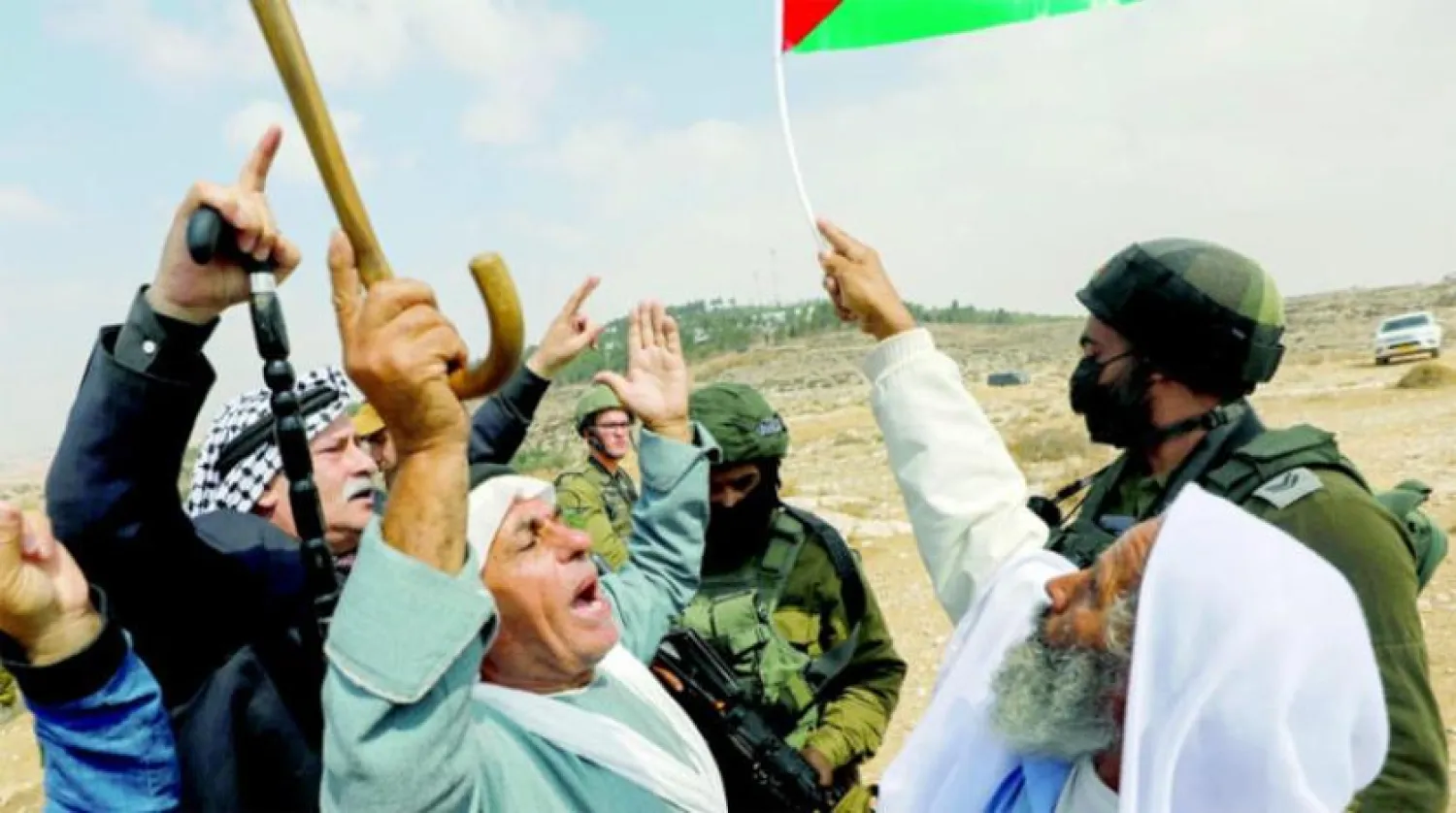The Israeli Supreme Court rejected a petition against the eviction of more than 1,000 Palestinians from a rural area in the occupied West Bank, in an area designated for Israeli military exercises.
After nearly 20 years of indecisive legal maneuvering, the Supreme Court issued its ruling late Wednesday, paving the way for the demolition of eight small villages in a rocky area near Hebron.
The area is known to Palestinians as Masafer Yatta, and Israelis refer to it as the South Hebron Hills.
In its ruling, the court said it had found the Palestinian dwellers, whose inhabitants have kept a distinct, generations-long nomadic way of life, making a living from farming and herding, had not been permanent residents of the area when the Israeli military first declared it a firing zone in the 1980s.
Masafer Yatta residents and Israeli human rights groups say that many Palestinian families have been permanently residing in an area of 7,400 acres since before Israel occupied the West Bank in 1967 and that their eviction would constitute a violation of international law.
Masafer Yatta mayor Nidal Abu Younis told Reuters by phone that the Supreme Court's rejection proves it is part of the occupation, adding that the judge is a settler and only attended two sessions of the case.
Abu Younis explained that the case has been before the courts for more than two decades, noting that the legal team will meet again to find a legal loophole.
"We will not leave our homes. We will stay here," he asserted.
The court said the door remained open for the villagers to agree with the military to use parts of the land for agricultural purposes and urged both sides to seek a settlement.
The Association for Civil Rights in Israel (ACRI), who, along with Masafer Yatta residents, petitioned against the expulsion, said the verdict would have "unprecedented consequences."
"The High Court has officially authorized leaving entire families, with their children and elderly, without a roof over their heads," ACRI said.









